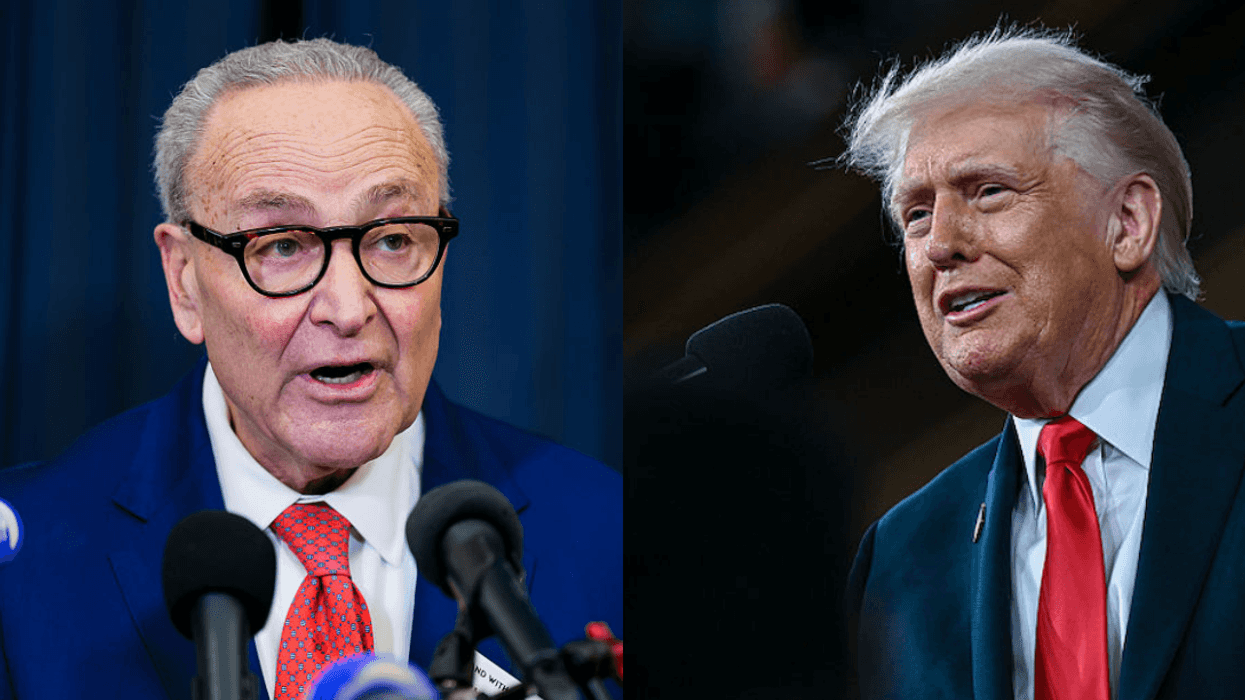A New Jersey fourth grader named Teddy has gone viral after rejecting Health and Human Services Secretary Robert F. Kennedy Jr.'s claim that people with autism are "broken," declaring he is anything but in a statement delivered in the public comment period at the Princeton Public Schools’ Board of Education meeting on April 29.
Autism advocacy groups have criticized Kennedy for exploiting their community and reinforcing damaging stereotypes through his longstanding anti-vaccine rhetoric. Their concerns come amid growing alarm that the Trump administration may cut services essential to helping individuals with autism achieve greater independence and quality of life.
But few words have resonated more than those of Teddy, a student at Riverside Elementary School, who said:
"Recently, the U.S. secretary of health, RFK Jr., made false comments about autism like people with autism are broken, that autism is caused by vaccines, and that people with autism will never have jobs or families. But that's not true. I have autism and I’m not broken, and I hope that nobody in Princeton Public Schools believes RFK Jr.'s lies."
He added:
"PPS already recognizes Autism Awareness Month. But not much. There are posters in the cafeteria that say to be kind and inclusive. Students wear blue on April 2nd. But we are never taught about the spectrum of autism."
"Kids need to be taught more about the different kinds of autism, that autism is a natural variation in the genes that you are born with (NOT caused by vaccines), and about successful people with autism. The lessons should also be extended to other “disabilities” like ADHD, cerebral palsy, blindness, deafness, dyslexia, apraxia, and more." ...
"I want everyone to know that people with autism and other disabilities are not tragedies, but just different, like all people. If everyone understood more about autistic people, and about people with other disabilities, they would know more about how to treat them, what their lives are like, and that they don’t need to be fixed or cured."
"This will help kids with disabilities have a better life. When people are aware of disabilities and are accepting them, they will have friends and less bullying. Also, the teachers might be more aware because they learned about the disabilities also."
"Kids and teachers should know more about disabilities so they do not believe RFK Jr. is right about autism, and they choose to treat them in a way that is good for the kid. By knowing more about it, kids and teachers will be nicer to kids with disabilities."
He concluded:
"This is important to me and PPS because I have a 'disability' and I noticed that disabilities are not being taught, only a few people mentioning autism. When teaching about culture, we teach many different cultures to accept them better. Because that's what disabilities are like, a culture, a culture of differences."
"PPS must add this to the curriculum of all grades and students, so we don’t have people like RFK Jr. in the future."
You can hear what he said in the video below.
@njdotcom "I have autism and I'm not broken." At the Princeton Public Schools’ Board of Education meeting Tuesday night, 9-year-old Teddy pushed back against Robert F. Kennedy Jr.’s comments on children with autism. The U.S. Secretary of Health stated “autism destroys families” and that “they’ll never hold a job, they’ll never play baseball, they’ll never write a poem, they’ll never go out on a date.” 🎥 Princeton Public Schools #NJ #newjersey #autism #autismawareness #princetonnj #mercercountynj #rfk #rfkjr
Many applauded the boy's remarks.
Kennedy has come under fire from autism advocacy groups after describing autism as an “epidemic” and a “tragedy” that “destroys families.” He claimed that many autistic individuals will “never pay taxes,” “never hold a job,” or even “never use the toilet unassisted.”
In response, 15 advocacy organizations issued a joint statement condemning such remarks, emphasizing the need to treat autistic people with dignity. The groups expressed alarm over the “growing public rhetoric and policy decisions” that, they said, fail to respect the inherent value, rights, and diverse needs of the autistic community.
Kennedy's remarks came as he moved to have the The National Institutes of Health (NIH) gather private medical records from various federal and commercial databases to study autism more comprehensively. In a development that has many advocates concerned and outraged, a new national disease registry is being launched to track Americans diagnosed with autism, and it will be integrated into this broader data collection effort.

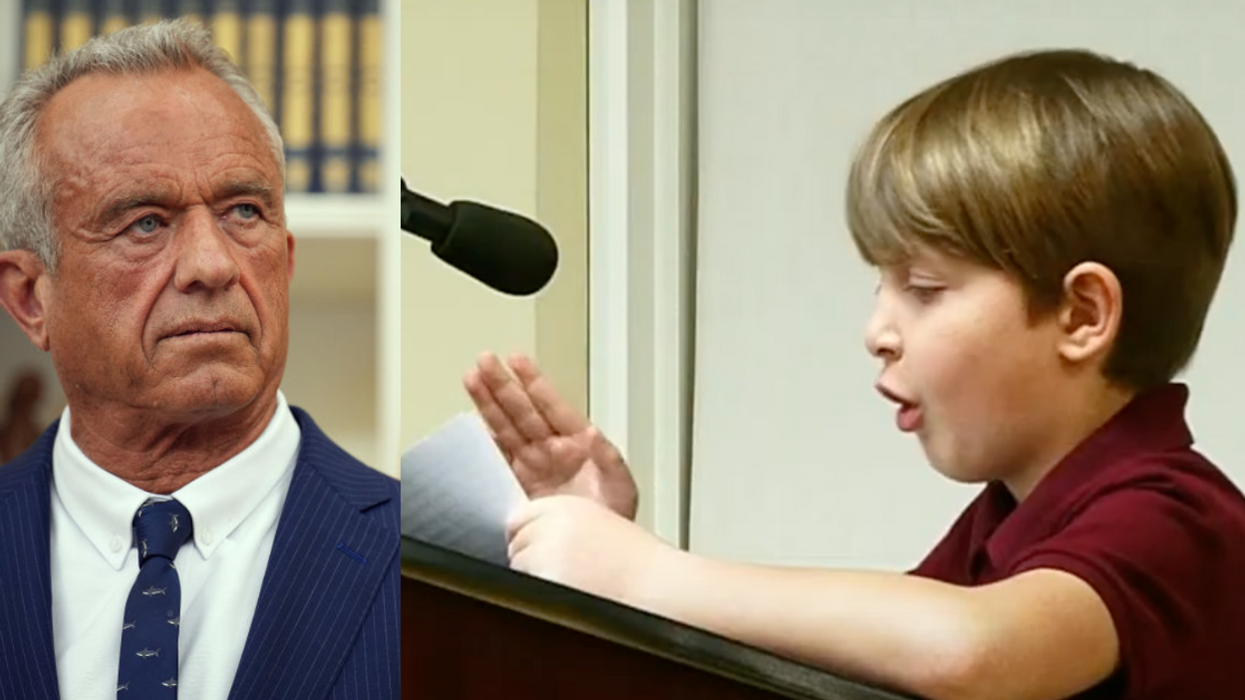

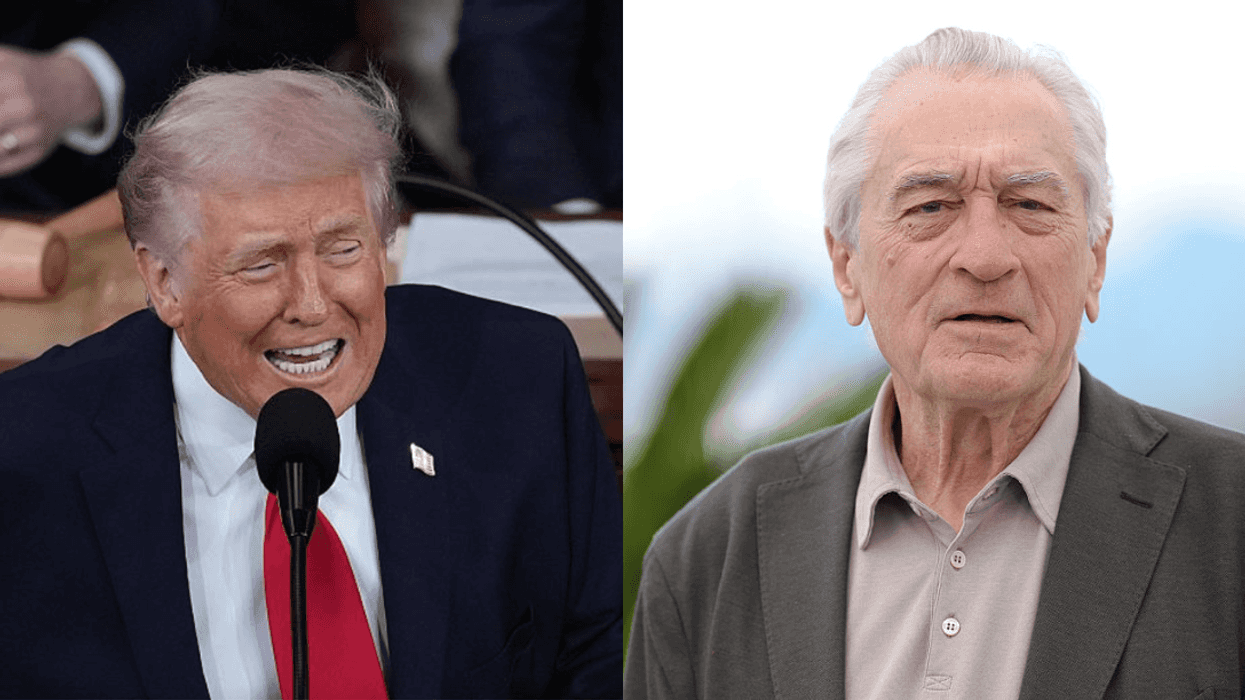
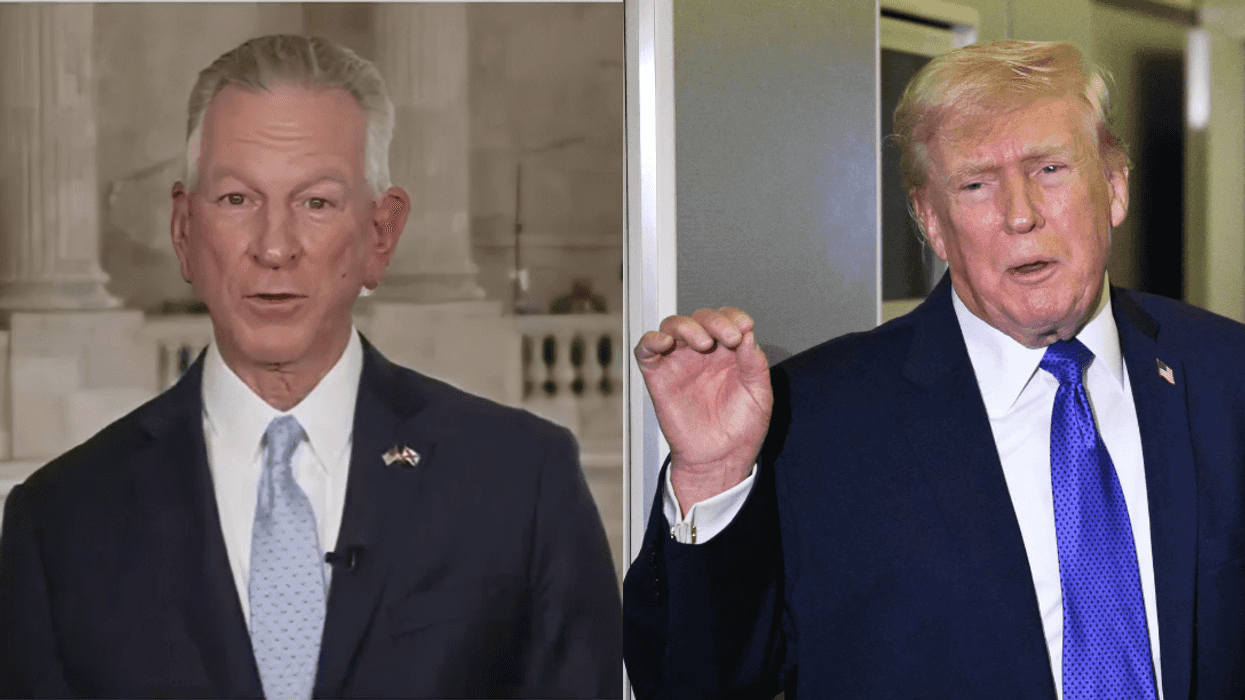

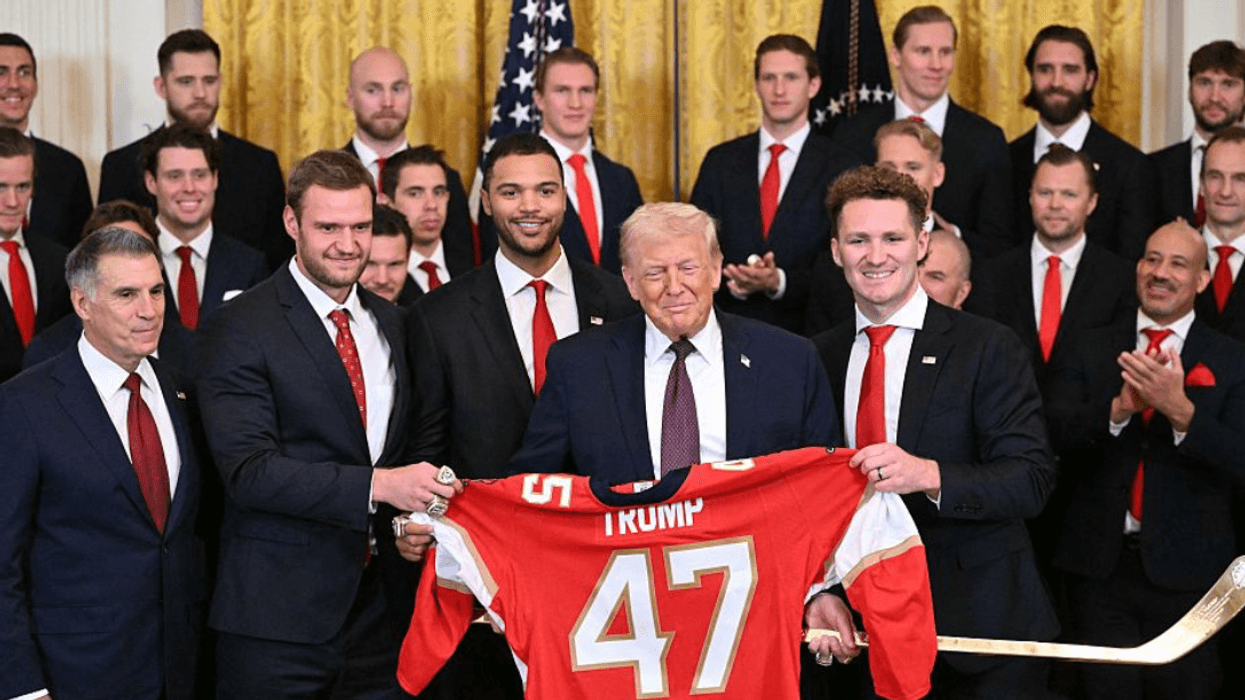
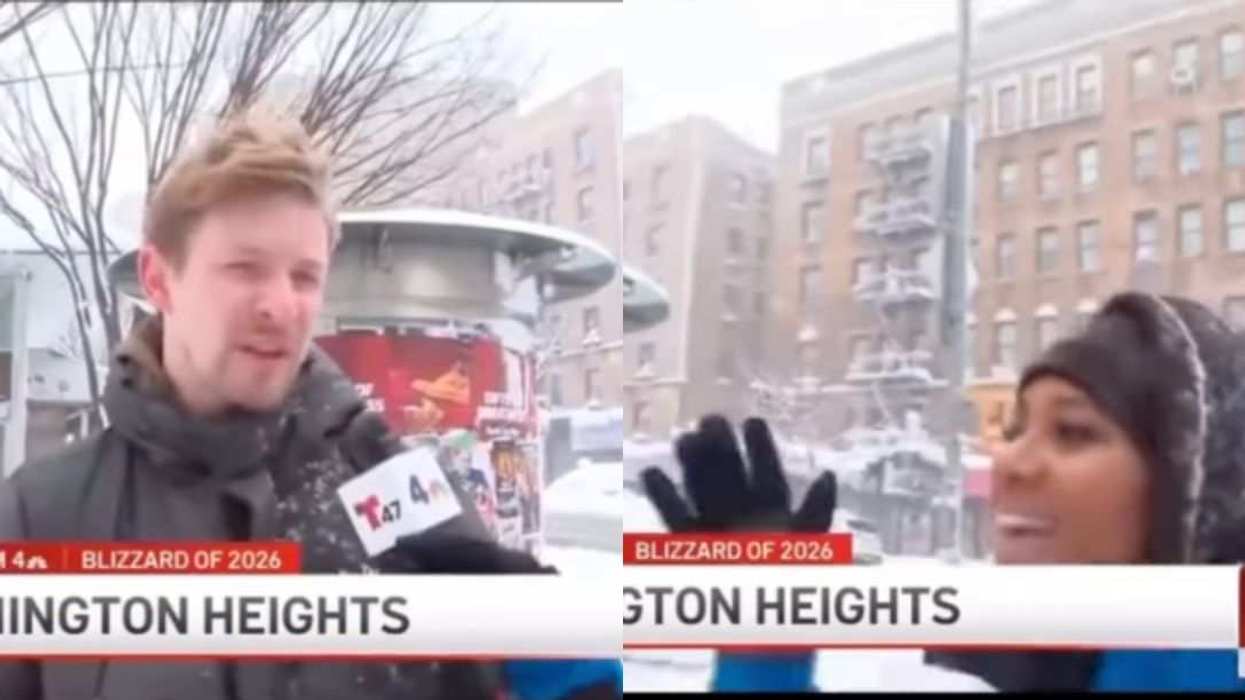
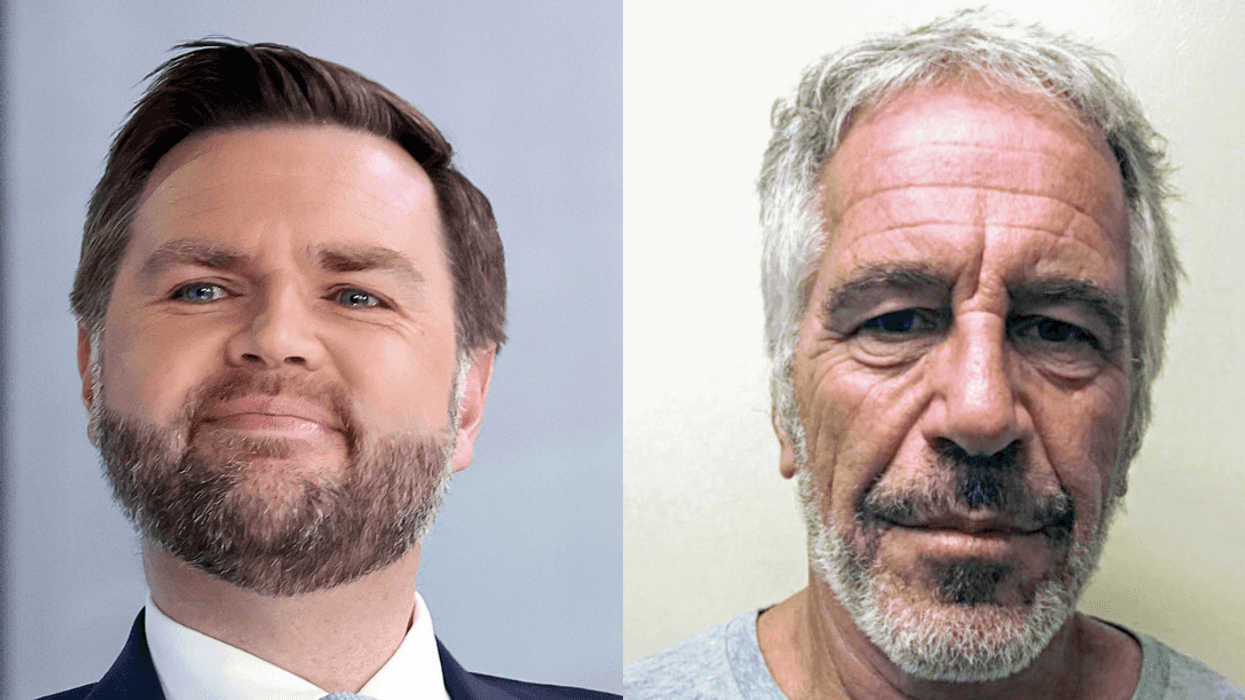




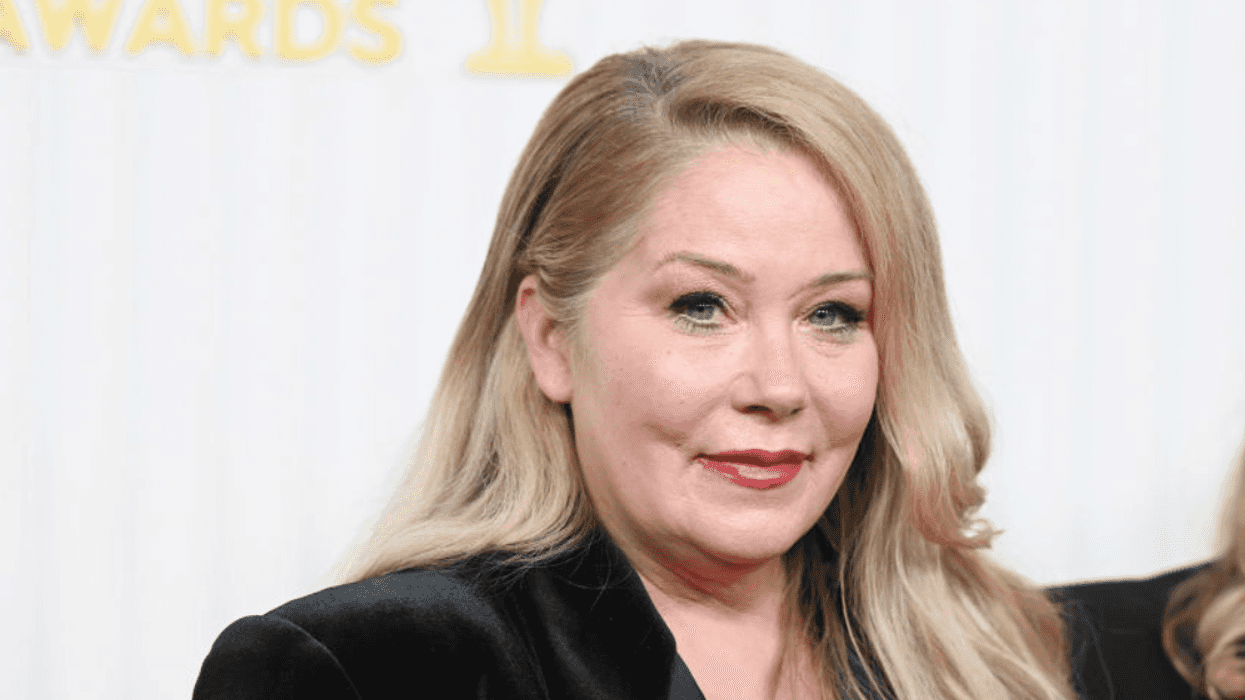
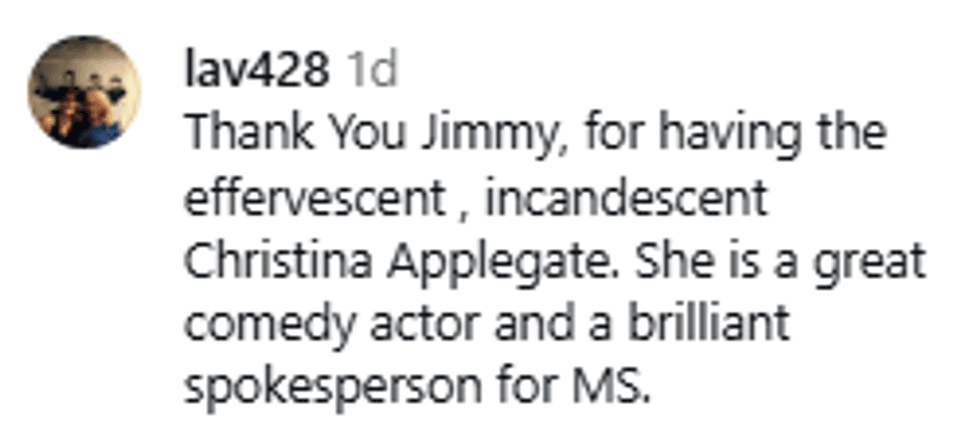 @jimmykimmellive/Instagram; @christinaapplegate/Instagram
@jimmykimmellive/Instagram; @christinaapplegate/Instagram @jimmykimmellive/Instagram; @christinaapplegate/Instagram
@jimmykimmellive/Instagram; @christinaapplegate/Instagram @jimmykimmellive/Instagram; @christinaapplegate/Instagram
@jimmykimmellive/Instagram; @christinaapplegate/Instagram @jimmykimmellive/Instagram; @christinaapplegate/Instagram
@jimmykimmellive/Instagram; @christinaapplegate/Instagram @jimmykimmellive/Instagram; @christinaapplegate/Instagram
@jimmykimmellive/Instagram; @christinaapplegate/Instagram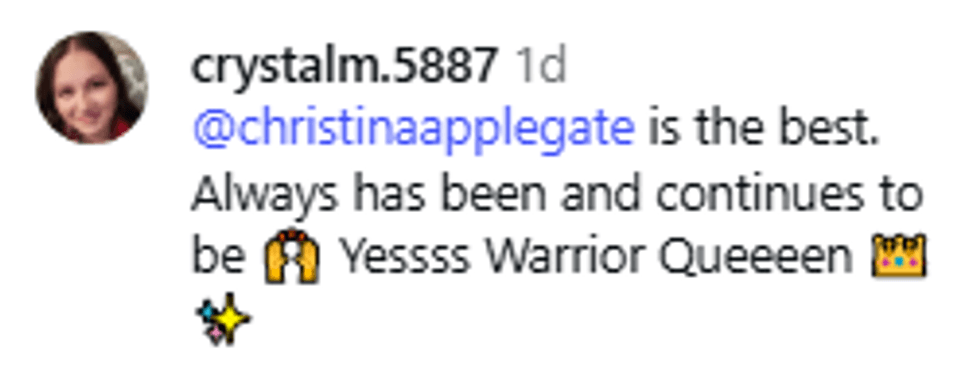 @jimmykimmellive/Instagram; @christinaapplegate/Instagram
@jimmykimmellive/Instagram; @christinaapplegate/Instagram @jimmykimmellive/Instagram; @christinaapplegate/Instagram
@jimmykimmellive/Instagram; @christinaapplegate/Instagram @jimmykimmellive/Instagram; @christinaapplegate/Instagram
@jimmykimmellive/Instagram; @christinaapplegate/Instagram @jimmykimmellive/Instagram; @christinaapplegate/Instagram
@jimmykimmellive/Instagram; @christinaapplegate/Instagram @jimmykimmellive/Instagram; @christinaapplegate/Instagram
@jimmykimmellive/Instagram; @christinaapplegate/Instagram